Rain Hose Irrigation
Grekkon Limited is the commercial pioneer of rain hose irrigation kits in east Africa, and is the largest supplier and installer of rain pipe systems in the region. This is done through the company’s 6 branches countrywide in Athi River, Nairobi, Kisumu, Eldoret, Nyeri, and Nyahururu. Before installing a rain pipe irigation system in a farm, we conduct a site visit to assess:
- the water volume available
- crop acreage
- crop type
- land dimension
- farm topography and lay out
This is the information that guides us on the design of the irrigation system to set up. If the water volume for instance is low, we recommend a more water efficient method such as drip irrigation. Alternatively, we’ll advice on a water harvesting technique to increase the water volume

What is a rain pipe irrigation system?
Rain hose systems are a new overhead way of watering crops intensely under moderate pressure. Each kit has a 100M long linear low density polyethylene (LLDPE) pipe as the main accessory. The rain pipe is sequentially perforated at determined intervals using Nanotechnology to create tiny holes from which crops are irrigated. This technology ensures even water flow from every hole
What is the price of a rain hose irrigation kit?
| Diameter size | Flow rate per 100M | Price in KES |
| 32mm or 1″ | 13 cubic litres per hour | KES 2,500 |
| 40mm or 1-1/4” | 16 cubic litres per hour | KES 5,800 |
| 50mm to 1-1/2″ | 22 cubic litres per hour | KES 6,800 |
What are the other components of a rain hose irrigation kit?
1. End-caps. They close the end of the pipe to prevent further water flow
2. Starter off-takes. They connect the rain pipe to the PVC or HDPE main line that supplies water to the rain hose from a water pump or highly elevated water tank
3. Pipe connectors. To connect one rain hose pipe to another
4. Mini valves. To control water flow to the rain hose pipe
The diameter of the pipe are; 25mm, 32mm, 40mm and 50mm. A grower chooses the preferred size based on crop water needs and area of irrigation. For instance, a farmer with 1 acre of the crop will comfortably water with the volume delivered through a 32mm rain hose pipe.
Another grower with 5 acres will better irrigate with a 50mm rain hose pipe. An acre of crop uses 1,000 meters of 25mm, 800 meters of 32mm rain hose pipes, 600M of 40mm pipes, and 400M of 50mm pipes
Rain pipe irrigation system requirements
- The system requires a pressure head of 30M, and above
- When using a water pump to power the rain hose irrigation kit, the discharge rate should be from 45 cubic litres per hour
- The rate of water discharge is determined by the diameter size, and number of pores on the rain pipe. For instance, a rain pipe with 5 holes per cluster discharges less water than the one with 7 holes in a cluster
- It irrigates in opposite directions at a radius of 3M for the 32mm pipe, 5M for the 40mm pipe, and 7M for the 50mm pipe
- The vertical height of this water jet is 1M
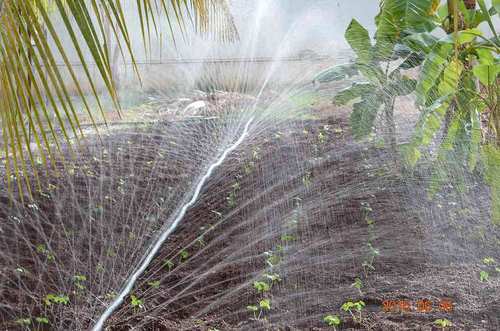
Irrigating a newly transplanted crop with a rain hose pipe
How to assemble a rain hose irrigation system kit
1. Lay the mainline
This is the pipe delivering irrigation water to the farm from the pump. Your mainline will be larger in size than the rain hose pipe. So if your rain hose pipe is 1” for instance, use a 1.5” or 2″ main or sub mainline
2. Connect to the mainline
Make a 1” insertion on the mainline and attach the off-take connector. The size of the insertion is as per the size of your off-take
3. Rain pipe connection
Attach the rain hose pipe to the off-take connector
4. Hose to hose connection
Use the connector to attach one rain hose to another
5. End cap
Insert the end cap at the end of the hose
The rain hose is laid either on planting beds where they exist, or on level fields.Planting beds help retain mositure better
Rain hose irrigation system is for the following areas and on these crops
- Crop nurseries; vegetables, fruit trees, forestry
- Short vegetable crops (knee-high and below); cabbage, lettuce, broccoli, kales, spinach, collards, broad beans, carrot, strawberry, and others
- Pasture; grass and legumes
When choosing the crop to irrigate using this method, consider its susceptibility to foliage fungal infections predisposed by leaf surface wetness. Tomato, potato, peppers, peas, green beans, and chili easily succumb to foliage fungal infections when overhead or a rain hose system is used for a long time
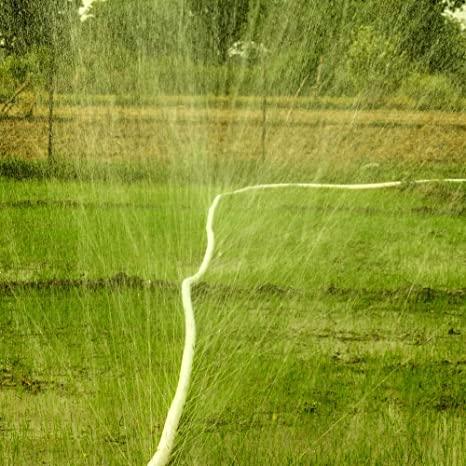
Pasture irrigation with a rain hose
Rain Hose Irrigation Versus Drip Irrigation
- Rain pipes irrigate in an overhead fashion, drip lines irrigate to the root zone
- Drip tapes are water efficient, rain hose kits require large water volume
- Rain pipes have a higher pressure requirement than drip pipes
- Drip lines have emitters, while rain hose kits have pores done with nano technology
- The discharge rate for drip lines is 1.2 to 4 litres per hour per emitter, while the rain hose pore’s is from 7 litres per hour per emitter
- The cost of a drip kit installation per acre is from Kes 100,000, while the rain hose is from Kes 75,000
- The rain hose pipe’s minimum diameter is 25mm/ 3/4″, while drip tape’s is 8mm
Advantages Of Rain Hose Irrigation
- water saving and cost effective
- It is easy to install, use and maintain
- Ran hose nanotechnology punched holes are less prone to clogging
- It is used in a broad range of crops
- Rain hose pipes are light and easy to move about
- It irrigates uniformly
- It works under both low gravity and high water pump pressure
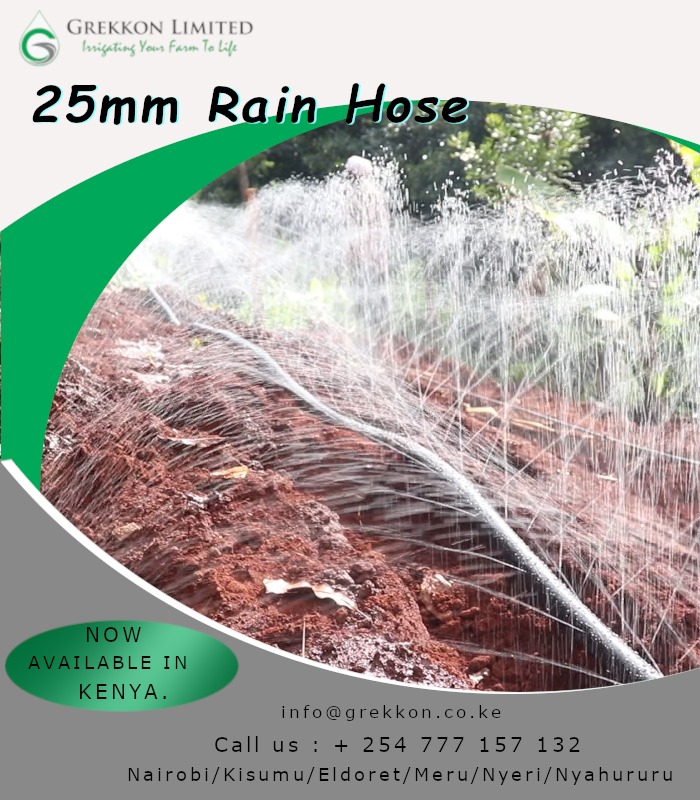
Rain pipe FAQs
a. What is the difference between a rain hose irrigation system and a sprinkler system?
- The technology. The rain pipe irrigation system is designed using nano technology
- The mode of spray. A sprinkler sprays its water in one direction, a rain hose pipe sprays in 3 directions (vertically, horizontally, and diagonally)
- Placement. A sprinkler is placed upright on the surface or sub-surface (for pop up sprinklers). A rain hose is laid on the ground
b. What is the pressure in a rain pipe?
The minimum operating pressure is 30M head / 3 bars
c. What is the spacing for rain hose irrigation?
The distance from one rain pipe to another is from 1.5M depending on the operating pressure, and pipe diameter
Grekkon limited is the largest supplier and installer of rain hose irrigation systems in Kenya, and in the east and central Africa region

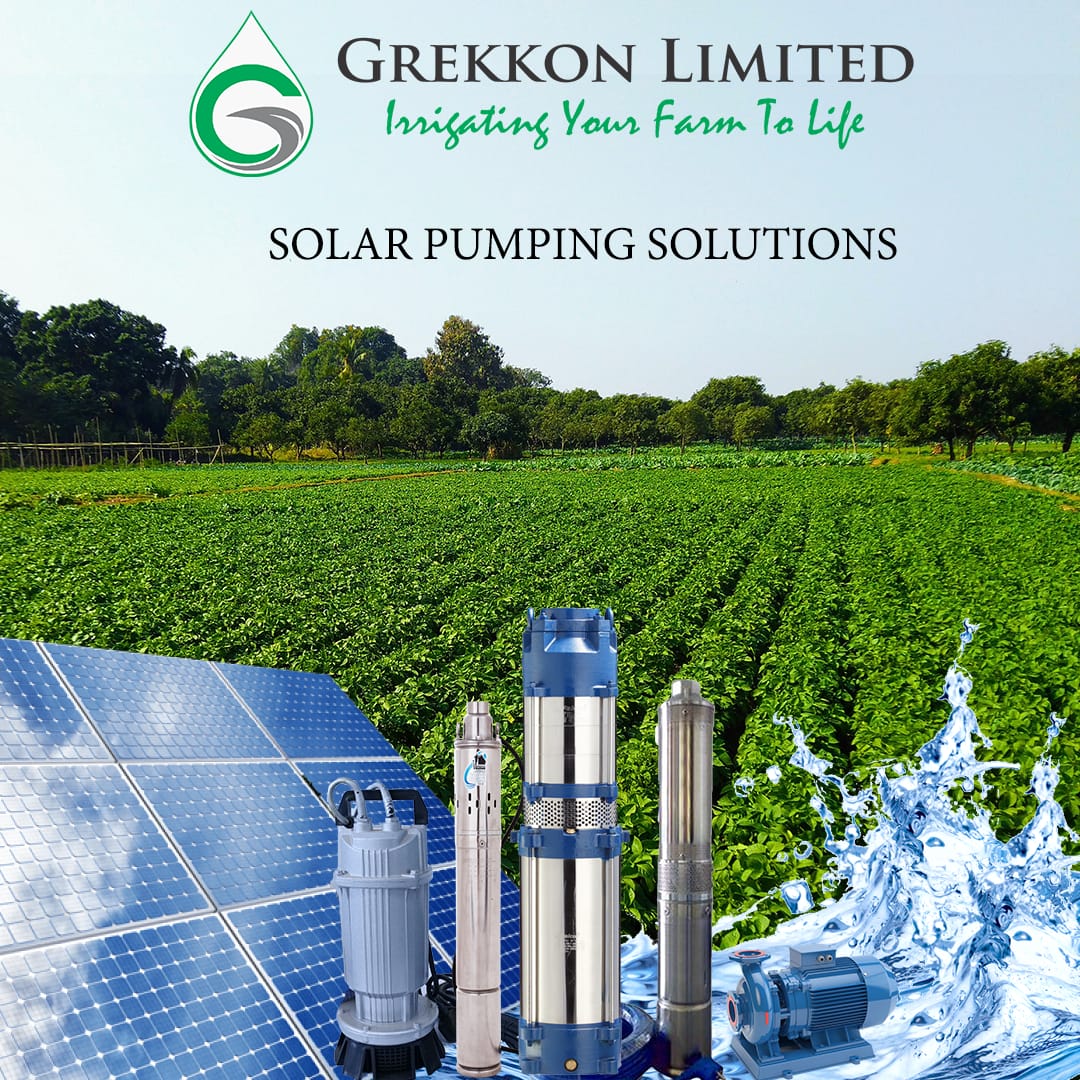
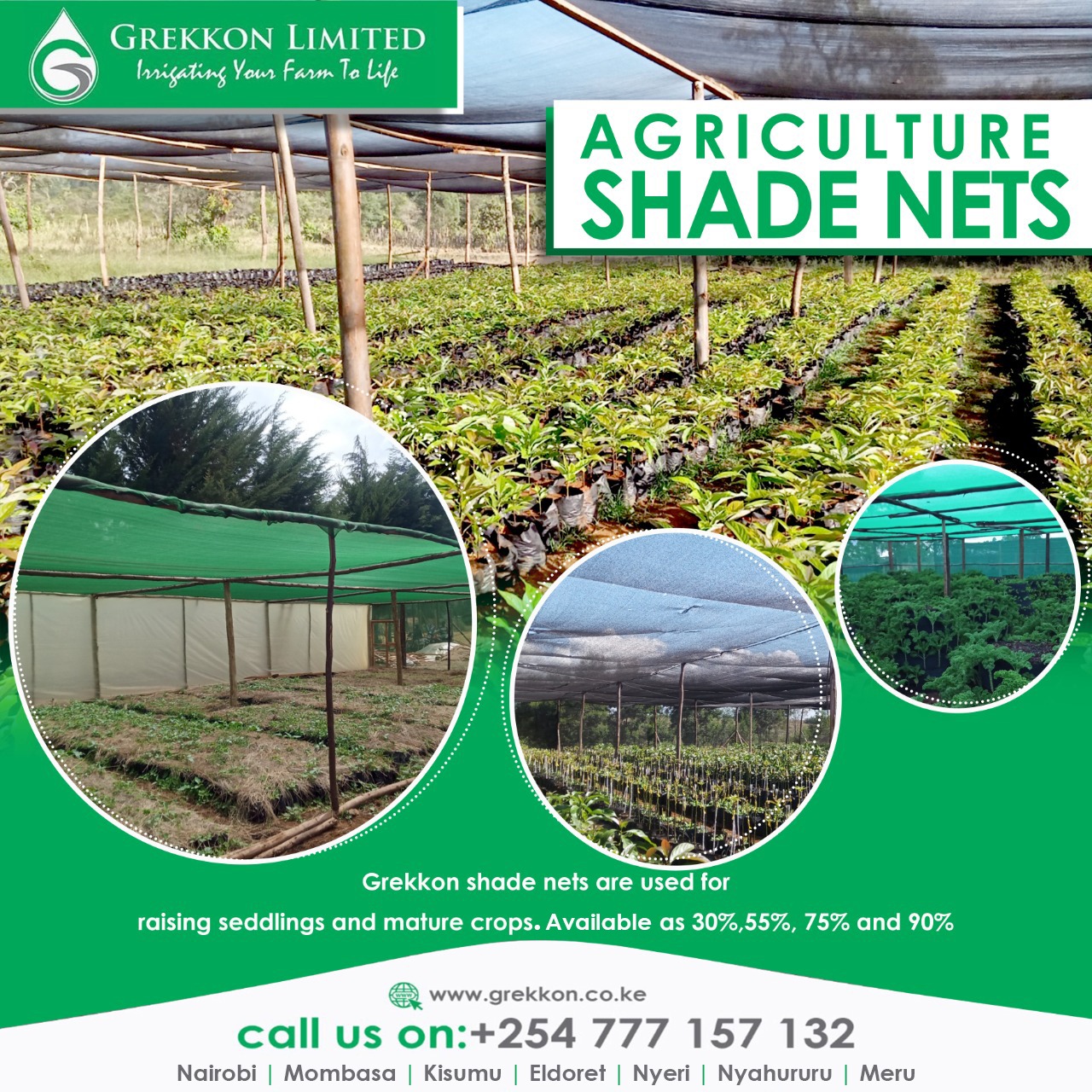
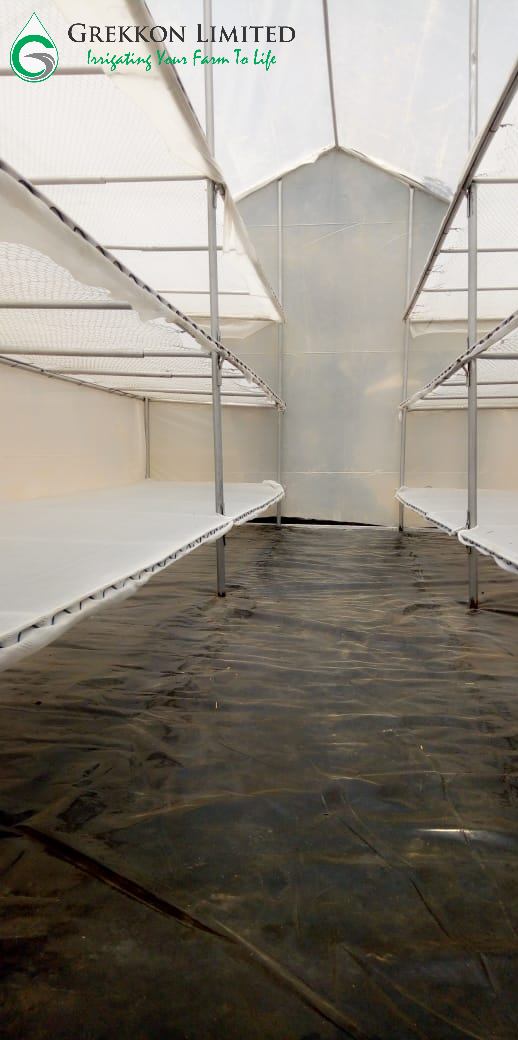
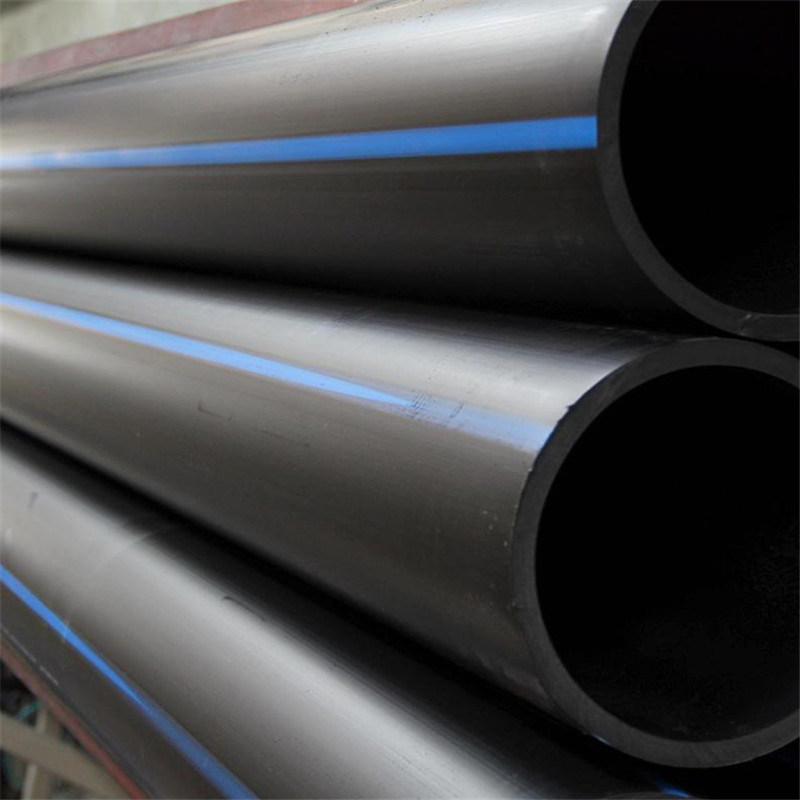
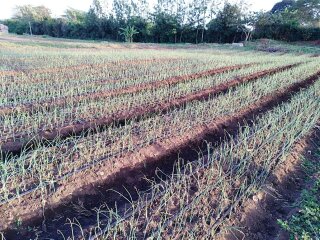
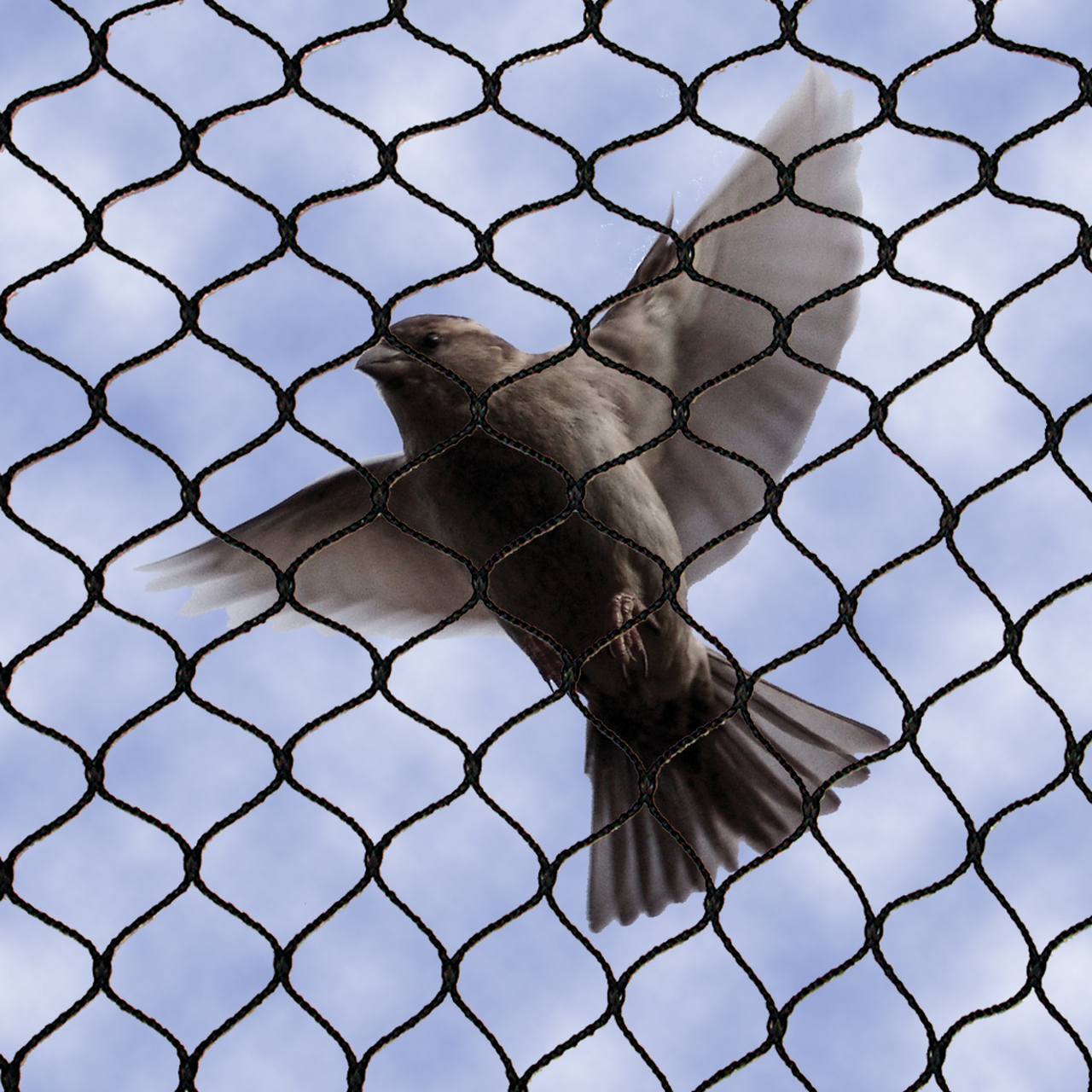
I am interested in installing rain hose in about 1.5ha. any quote.
Dear Kingori,
Good morning and thank your for your inquiry. To give you an accurate rain hose irrigation kit quote, a site visit is necessary. Please email us your phone contact to organise this. Where is your farm located?
Best regards,
Customer Service
Am interested in the rain hose kit
Do you provide such services to countries far from Kenya a country like zambia? Please advise I need your help
I wanted details of the rainhose, but you never responded to my WhatsApp text messages
Hi,
Is it possible to use the rain hose irrigation system for a banana plantains plantation
Good morning,
Yes it is possible to use rain hose kits on fruits. How large is your plantation and where are you located?
Best regards,
Customer Service
Are the prices inclusive of connectors and main line? Or is it just for the rainhose and then buy the rest separately?
Dear Ken,
Yes, the price is inclusive of the starter ball valve, a connector, and end cap. What rain hose pipe size and length do you want?
Best regards,
Customer Service
Re your quote: What is the price of a rain hose irrigation kit?
1. 32mm or 1-inch diameter hose. Kes 3,500
2. 40mm or 1-1/4 inch diameter hose. Kes 4,500
3. 50mm or 1-1/2 inch diameter hose. Kes 5,500.
Question: what is the scope/dimensions/components/farm size of the kit?
Dear Aliyu,
This rain hose kit has; a 100M hose, a starter ball valve, rubber washer, and an end cap. The number of hoses to use per acre are well explained in the link for each diameter size.
On which crop and acreage to you intend to have a rain hose irrigation system? Where are you located?
Best regards,
Customer Service
What will be the cost of 32 mm pipe for 1acre. In kshs.
Dear Elias,
Thank you for your inquiry. An acre will take 900M rain hose pipe cost at Kes 31,500 plus all connectors.
Best Regards,
Customer Service
Can I use the rain hose technology for Saumu irrigation?How much do 1 need for acre fittings?
Dear Karen,
Sure you can. Installation and material cost for an acre is Kes 65,000.
Best regards,
Customer Service
I need to irrigate 4 hectares of land. How many of the 32mm, 40mm and 50mm systems?
Dear Andrew,
Each will use 900M, 700M and 500M per acre for the 32mm, 40mm and 50mm rain hose irrigation pipes respectively. Where is your farm located sir?
Best regards,
Customer Service
Where in isiolo?
Dear Admin
I find. Rain hose an interesting product.
I wish to irrigate 3/4 of an acre of vegetables inter-cropped among fruit trees, using a 2” water pump delivering fro a permanent river.
What size of rain hose diameter and total length, cost should I expect.
Kindly assist.
Best regards
Dear George,
Good afternoon and thank you for your inquiry. For 3/4 Ac, you’ll use 700M of 32mm, or 500M of 40mm or 400M of 50mm rain hose pipe. Where are you located and when do you intend to have this in place?
Best regards,
Customer Service
I’m in need to know how many rain hose pipe needed in three acres, and how many other components needed for it @how much all?
Dear Joel,
Thank you for your enquiry. For 3 acres you need; 2,700M of 32mm, 2,100M of 40mm and 1,500M of 50mm rain hose pipes.
When do you intend to install this and where?
Best regards,
Customer Service
Pingback:Garlic Irrigation In Kenya by Grekkon Limited. Call +254 715 157 132